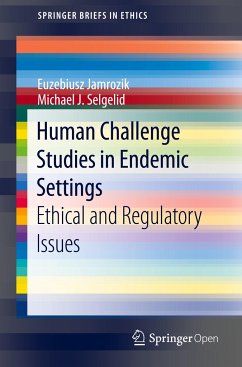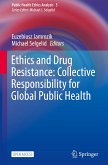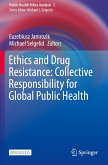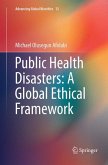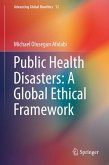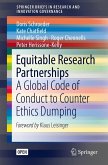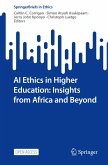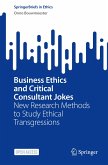This open access book provides an extensive review of ethical and regulatory issues related to human infection challenge studies, with a particular focus on the expansion of this type of research into endemic settings and/or low- and middle-income countries (LMICs). Human challenge studies (HCS) involve the intentional infection of research participants, and this type of research is rapidly increasing in frequency worldwide. HCS are widely considered to be an especially promising approach to vaccine development, including for pathogens endemic to LMICs. However, challenge studies are sometimes controversial and raise complex ethical issues, some of which are especially salient in endemic and/or LMIC settings. Informed by qualitative interviews with experts in infectious diseases and bioethics, this book highlights areas of ethical consensus and controversy concerning this kind of research. As the first volume to focus on ethical issues associated with human challenge studies,it sets the agenda for further work in this important area of global health research; contributes to current debates in research ethics; and aims to inform regulatory policy and research practice. Insofar as it focuses on HCS in (endemic) settings where diseases are present and/or widespread, much of the analysis provided here is directly relevant to HCS involving pandemic diseases including COVID19.

